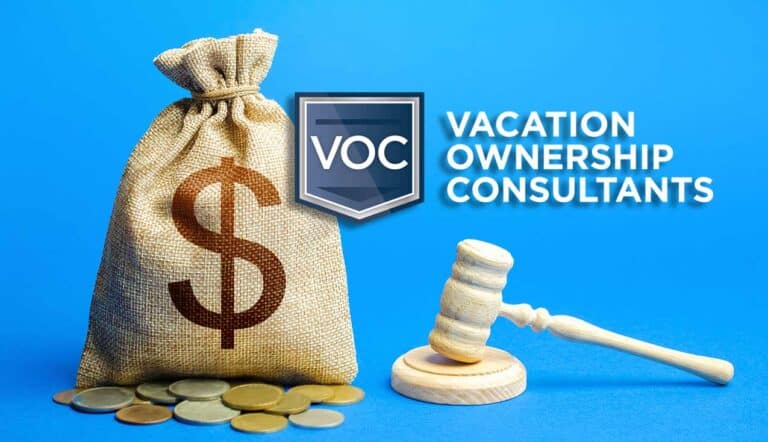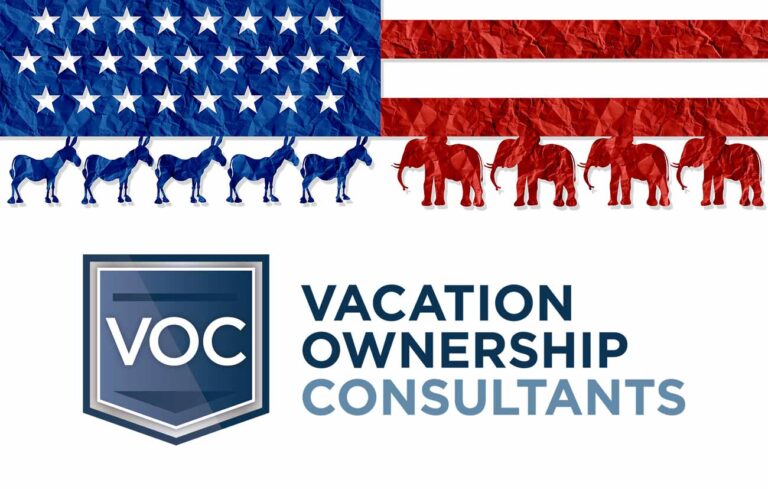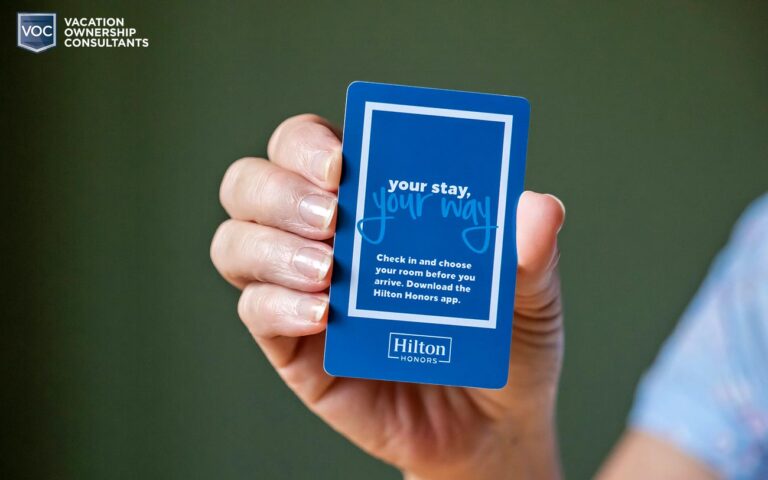
A Vacation Owner’s Perspective After Remorseful Timeshare Upgrade
As travel lockdowns presume, timeshare travel is doing its best to keep vacation owners from getting restless. While some are hoping to use their purchased
Home / Blog

As travel lockdowns presume, timeshare travel is doing its best to keep vacation owners from getting restless. While some are hoping to use their purchased

What many consumers don’t know about timeshare companies is that they spend an awful lot of time in the courtroom. When they’re not battling unhappy

After nearly a year of timeshare uncertainty, it’s maintenance season again. Despite quarantines, local mandates, travel restrictions and massive amounts of job loss, it appears

Last year, we published an article that described the level of timeshare discourse in Missouri. Although the article had more to do with the state’s

Here at Vacation Ownership Consultants, we spend a lot of time educating consumers on the potential pitfalls of timeshare ownership. Even though we specialize in

Over the past few years, we’ve covered multiple timeshare scams out of Pinellas County, Florida. Despite the sentences that have been handed out to those

Timeshare travel in America has always leaned heavily on political advantages when it comes to growth. For years now, we’ve been covering the effects of

In the beginning stages of the Coronavirus outbreak, it was difficult for many of us to know what to expect. Now that the pandemic has

Last week, we put the idea out there that timeshare employees could also be victims of the industry. While plenty of sellers make their own

Earlier this month, the Attorney General of Connecticut (AG), William Tong, and the Department of Consumer Protection (DCP) issued a public warning regarding potential timeshare

When it comes to the timeshare industry, hypothetical situations are commonplace. From the purchase itself, to upgrade opportunities and finding a way out, the possibilities

For a handful of timeshare companies, the recent pandemic has been a burden they’ve been unable to outlast. After operating in the red from 2015

Have you ever made a large purchase that turned out to be less than gratifying? How about a product that didn’t perform as advertised? In

To say the travel industry has been on edge in 2020 would be an understatement. Billions of dollars have been lost as travelers remain home.

If the economy were to reopen soon, tourist destinations will more than likely become flooded with mass amounts of travelers – especially this holiday season. While